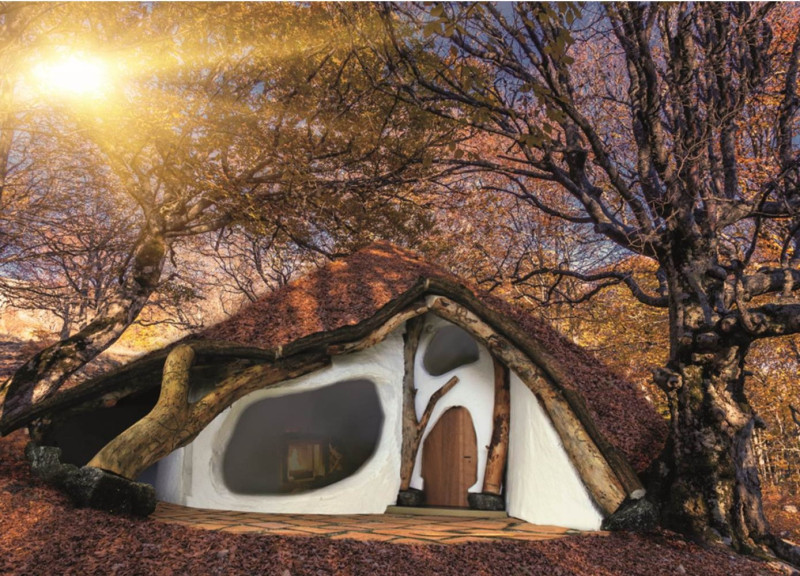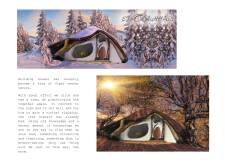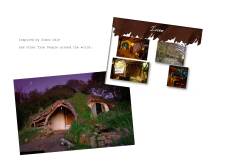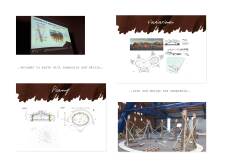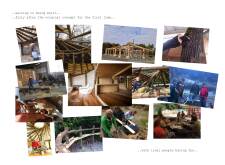5 key facts about this project
The design emphasizes a strong connection to nature, reflecting a relationship between human living spaces and the surrounding environment. Situated in a context that blends built structures with natural elements, the project seeks to redefine housing through practical yet innovative concepts. The goal is to create living spaces that work in harmony with their surroundings, focusing on a sustainable approach that respects local materials and ecological systems.
Conceptual Framework
The project involves a careful examination of traditional housing styles, showcasing the process of reworking trees into functional building elements. This includes slicing, sawing, and gluing trees back together. Here, trees are not just raw materials; they become integral parts of a new design. The approach balances the beauty of nature with the needs of human use, creating a thoughtful relationship between the two.
Adaptability and Community Engagement
Flexibility is a key feature, allowing various sizes and designs to cater to different needs and preferences. This adaptability makes it easier for the living space to fit within its environment. Furthermore, the project emphasizes community involvement, encouraging local residents to participate in the construction process. This involvement fosters a deeper connection to the space, enhancing the sense of ownership among the people who will live there.
Sustainable Practices
There is a clear focus on sourcing trees from the local environment, reflecting a commitment to sustainability. While specific materials are not detailed, the use of organic elements underscores an intent to reduce environmental impact. This design promotes a responsible form of architecture that values ecological relationships while addressing human needs.
The final design features intricate joinery techniques that reveal the beauty and strength of the trees used. These details not only highlight the skill involved in the construction but also serve as a gentle reminder of the natural source of the materials. The completed structure stands as a quiet testament to the harmony between human habitation and the earth.


